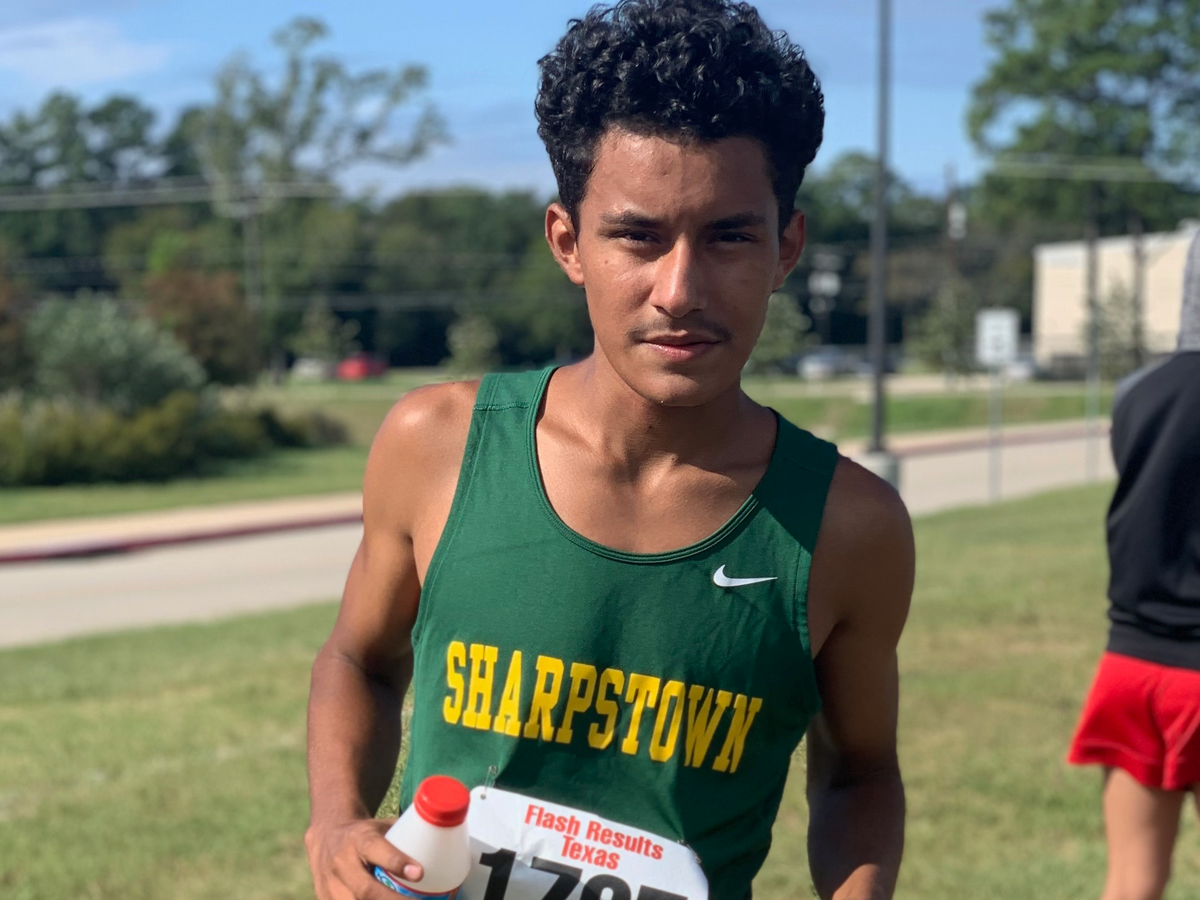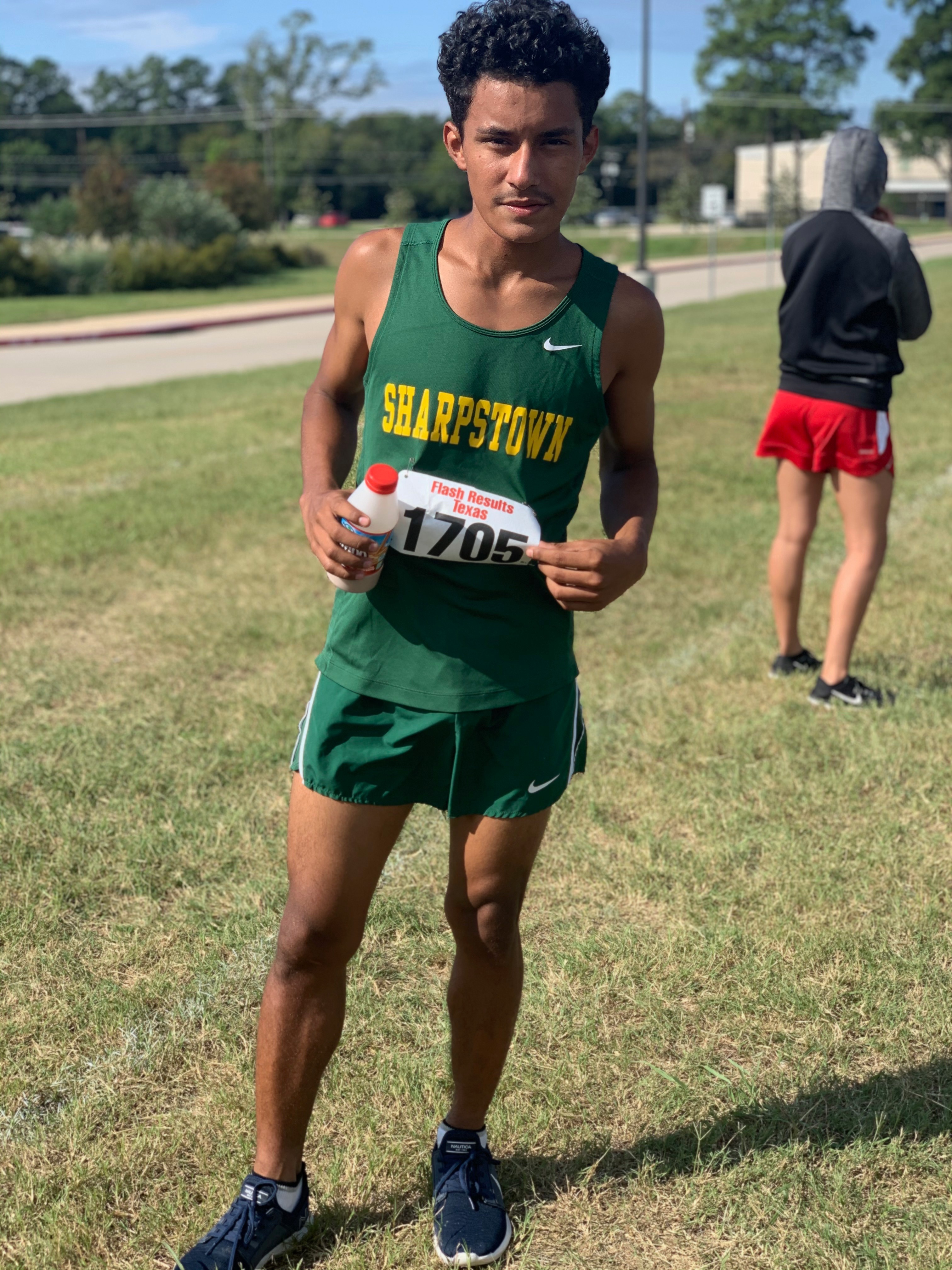Help Michael Start a New Life in El Salvador
Hi, I’m Brian, a high school senior from the Bay Area.
Over three years ago, I met Michael through gaming, and we quickly became close friends. Michael left behind everything he knew in Texas and came to Silicon Valley with just $300 and an old BMW, chasing a better life. He worked hard, stayed hopeful, and began his new life. But on June 17, 2025, he was detained by ICE and deported to El Salvador.
Now, Michael is starting over again, but this time in one of the poorest parts of the world. His dream is simple: to open a small tire shop in his rural hometown and build a life he can be proud of.
Why This Fundraiser Matters
Michael has the skills, the vision, and the drive, he just needs a bit of support. Starting a business in El Salvador could give him a stable future and help lift his entire community.
As a high school student, I can’t support him financially. But I believe in him. I know how hard he’s worked. So I’m asking for your help.
Every dollar raised will go directly toward helping Michael:
Buy tire equipment and tools
Rent a small shop space
Cover initial startup costs
♂️ Michael’s Story
"I was born in a mud house in rural El Salvador. At age 9, I was smuggled into the U.S. to escape violence. I survived cartel smugglers, abuse, poverty, and years of fear, only to be deported in 2025. I’ve worked in tire shops since I was a teenager. Now, I see a chance to open one in my hometown—but I need help to make it real."
Michael’s full story is below if you want to read more. It's intense, but it's real:
Hello, my name is Anibal Martinez (also known as Michael).
I was born July 26, 2001, in an outer area of a very small town (Nueva Esparta) in El Salvador, a very poor country. I grew up in a mud house. Living conditions were among the lowest in a country already considered one of the poorest. My family and I grew corn and beans and hunted with dogs to put food on the table.
At the time, El Salvador was flooded with gangs who took over the country, killing thousands and extorting small business owners. They recruited children and teenagers through threats and manipulation. Innocent people were kidnapped or disappeared, and entire neighborhoods became too dangerous. Public transportation workers were killed if they didn’t comply with gang demands.
The violence became so extreme that my parents fled to the USA. My dad only provided for a different family, and my mom could only send $100 a month. That money was used to help the entire family—uncles, aunts, cousins, and my sister—so it barely made a difference for me. Me and my sister were bullied on the way home from school, and we didn’t feel love from either parent. We only got a call once a month.
At age 9, in early 2011, my mom paid about $8,000 in total to get me smuggled into the U.S. by a Mexican cartel. I was handed over by my grandma and taken by car through Guatemala and Mexico. I had no contact with my family and was at the mercy of extremely dangerous people. It took about a month to cross. At one point, I was in the box of an 18-wheeler truck for 18 hours with holes in the roof so we could breathe. At the border near Nogales, we walked three hours in the evening, slept freezing in the desert, and walked another eight hours the next day. We crossed into the U.S. and were caught by Border Patrol. I was eventually reunited with my parents but had no legal status. I’ve been going to immigration court ever since.
These next nine years were actually the least worst of my life.
We lived in a ghetto in Houston, Texas, in cockroach-filled apartments (Sharpstown). Rent was $800 for a 2-bedroom—one room for an uncle and friend, the other shared by my parents, siblings, and older sister. My mom was always angry, yelling and cursing every day. I had to do all the chores—washing dishes, cleaning trash, vacuuming—or else I would be physically abused. There was no peace, only constant fighting. I hated it. We barely had food.
At 13, my dad forced me to work with him at his tire shop whenever I wasn’t in school, including holidays. I worked under the sun doing a brutal job, unpaid, and was treated terribly. When I wasn’t working, I was at home dealing with my mom. I wasn’t allowed to transfer schools, even though they were among the worst (Sugar Grove Middle School & Sharpstown High School), because they were within walking distance. I had good grades and stayed out of trouble.
My dad was also an alcoholic.
From ages 14 to 16, I had a relentless crush on a girl. I hoped something would work out, but all I got was heartbreak. After that, I tried to find a genuine relationship and failed every time.
After graduating in 2020, I moved in with my older sister to escape my parents. We rented a 2-bedroom apartment, but now I had to find a job—and I had no legal status. During the pandemic, jobs were hard to find. I worked construction, which I hated, and only lasted a month. I repeated that cycle for years—finding work just to survive.
On June 28th, I risked everything and moved to the Bay Area with $300 and a car with 210,000 miles. I lived in that car for three months. I got a minimum-wage tire shop job. That sacrifice paid off a bit because an organization helped me get an apartment. Things finally seemed worth living.
Since high school, I had worsening issues with sleep. I never woke up rested, which made keeping jobs hard. Doctors told me “that’s just how my body is.” I researched on my own and discovered I had low oxygen intake during sleep. I bought an oxygen generator, which helped.
By May and June 2025, I was doing better.
Then, on June 17th, ICE knocked on my door. I was deported back to Nueva Esparta, El Salvador.
I worked many years at a tire shop in the U.S., and I see there’s a lack of one in my area. I know with hard work and the right equipment, I can succeed by starting my own tire shop. But if I can’t start it, I’ll have to go back to the same brutal jobs that pay $10 a day here. If I could barely survive in the U.S. on minimum wage, I won’t survive here.
My only hope for a better life now is getting enough help to open this shop.
Thank you for reading.


